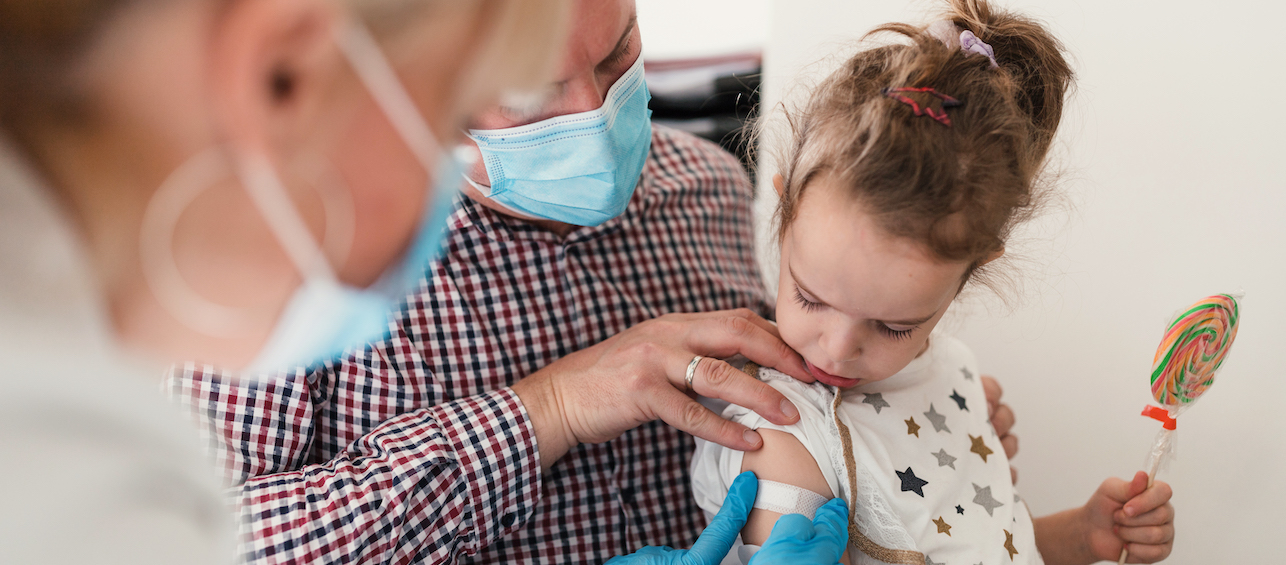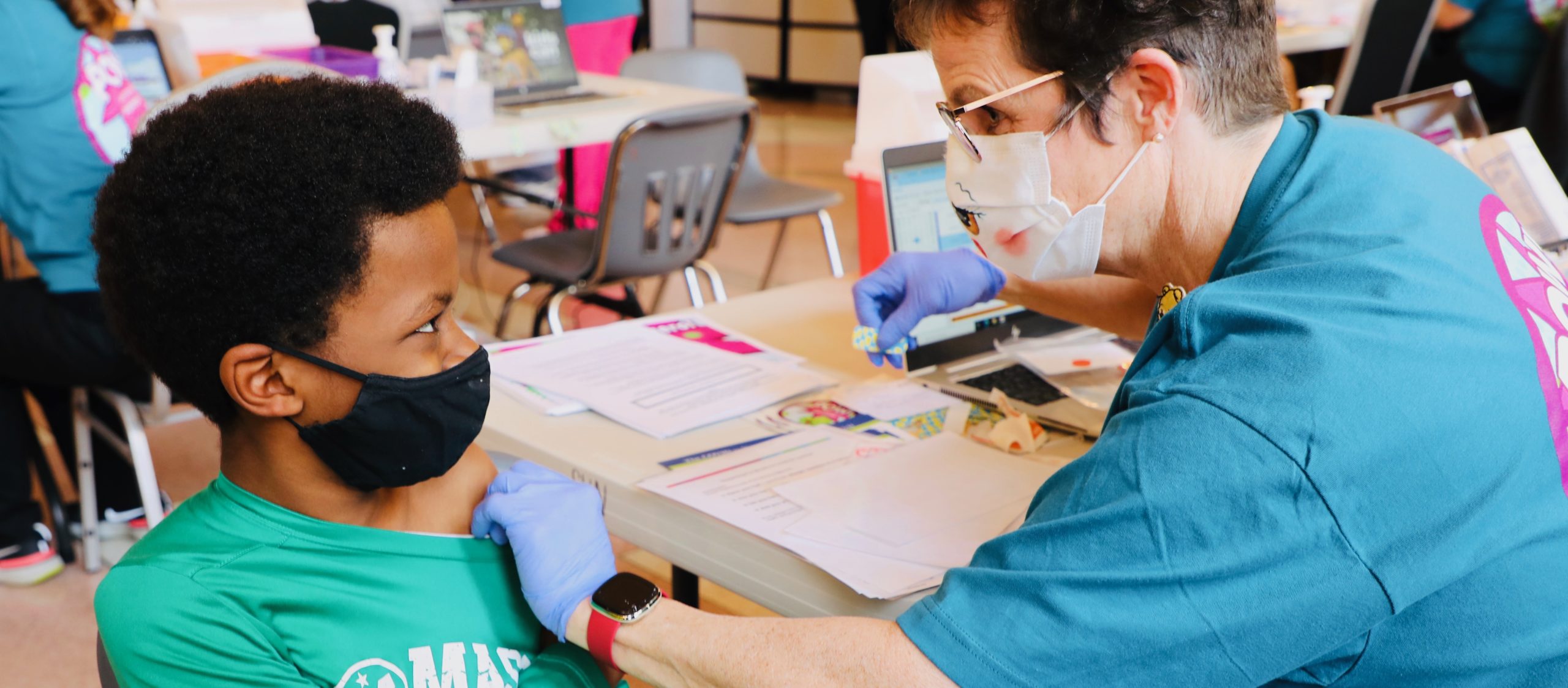The silver lining to the COVID-19 pandemic has been that it doesn’t appear to affect children as much as it does adults. The majority of kids who have been infected have fully recovered and their symptoms tend to be more mild than what we’ve seen in adults. Unfortunately, a new illness that could be linked to COVID-19, has emerged and has parents very concerned.
Multisystem Inflammatory Syndrome in Children and Kawasaki Disease?
Multisystem Inflammatory Syndrome in Children (MIS-C) is an illness that resembles something we have a great deal of experience with at Cincinnati Children’s called Kawasaki Disease. The most significant issue for children with Kawasaki Disease is inflammation and dilation of the coronary arteries. When the coronary arteries are impacted, it can lead to enflamed blood vessels and is the leading cause of acquired pediatric heart disease.
Like we see in Kawasaki Disease, MIS-C causes severe inflammation in children. It can attack multiple organ systems including the heart and lungs.
The exact cause of Kawasaki disease and MIS-C is unknown. But, because they cause a high fever and swelling of the lymph nodes, Kawasaki disease and MIS-C are thought to be related to an infection, viral infection in particular. It may also occur in children who have a genetic predisposition to the disease.
Symptoms of MIS-C
MIS-C, like Kawasaki Disease, presents a series of symptoms that a physician cannot attribute to anything else, including a systemic inflammation of blood vessels, a rash, swollen lymph nodes in the neck, cracked lips, pink eye, and a high fever which lasts four to five days. What differentiates MIS-C from Kawasaki appears to be complaints of abdominal pain, as well as nausea, vomiting, diarrhea and chest pain.
With Kawasaki disease most kids respond to therapy and recover in two weeks or less. But 10 to 15% of patients develop symptoms affecting their coronary arteries which can cause long-term heart problems. In the limited number of cases reported so far, MIS-C appears to be more severe than Kawasaki disease and has resulted in a higher percentage of children being admitted to the ICU.
Treatment of MIS-C
Treatment includes intravenous gamma globulin (IVIG), which is an infusion through your child’s IV and high-dose aspirin every six hours. These medicines help reduce the swelling and inflammation in the blood vessels. IVIG can decrease, but not eliminate, the risk of developing coronary aneurysms.
It’s very important that treatment is started quickly after a child starts to experience symptoms. We know that the risk of developing coronary changes goes from 25% to less than 5% when treatment starts within the first 10 days of the illness.
Is MIS-C Related to COVID-19?
MIS-C is not an active viral infection, but instead may be caused by what we call a dysregulated immune response to COVID-19. That means the virus triggers a reaction in the child’s body where it can’t control its own immune system and begins to attack its own body.
The majority of kids will handle a virus like COVID-19 just fine. But a small number of children will have an unusual response where the immune system just goes haywire. Then the child’s body basically begins to attack its own tissues.
Is MIS-C New?
I’ve seen many, many kids who get a virus or bacterial infection, and at some later point, develop a systemic inflammation. Viruses can do bad things to kids—but usually we only see two or three cases of Kawasaki per year in the ICU. We’re just happening to see these clusters of MIS-C in hot spot areas right now because there are so many kids infected with COVID at the same time (and possibly many more that are unreported).
What to Remember
I want parents to know that if your child has either Kawasaki Disease or MIS-C you will know it. The symptoms of these illnesses are severe enough that you don’t have to wonder whether your child needs to see a doctor. Be on the lookout for a fever of 101 degrees or higher, which is persistent for several days, severe abdominal pain, diarrhea, vomiting, and rash that cannot be explained by another cause. This syndrome is not subtle and if your child has it you will know something is wrong. If you have any doubt, don’t hesitate to contact your pediatrician.
MIS-C and Kawasaki Disease are both rare, and we don’t expect either to become widespread. But, if you are concerned that your child has either of these diseases, you should take them to see their pediatrician immediately.





